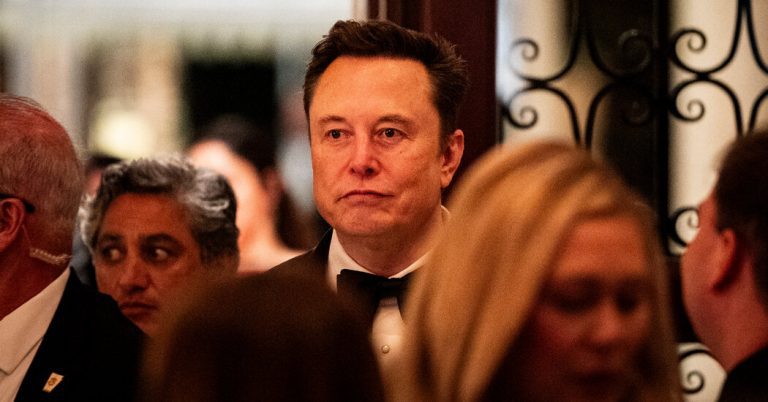While many of Mr. Musk’s articles, particularly those on grooming gangs, come from the ecosystem of far-right bloggers and activists, they are also tempting to mainstream politicians looking for a stick to use against their opponents. And they appeal to editors and broadcasters looking for a good story.
“The British press and TV channels, to some extent, have gone out of their way to give Elon Musk publicity,” said David Yelland, former editor of Rupert Murdoch’s tabloid The Sun. “In the print media they did it because they are extremely hostile to Keir Starmer. It’s just the old Fleet Street bias.
Claire Enders, a London-based media researcher and founder of Enders Analysis, compared Mr. Musk to Mr. Murdoch, the insurgent Australian media baron who shook up London’s newspaper industry in the 1970s. just a new Murdoch,” she said. “He is American, a multi-billionaire and close to Trump.”
Mr. Musk, however, does not wish to take over the British press, but rather to discredit it. He claims the media was complicit in covering up abuse against young girls. The truth is that British newspapers across the political spectrum covered these crimes, if not immediately, then energetically, when the scale of the abuse became evident in the late 2000s and early 2010s. The Times of London published a major investigation into the scandaland the slow police response in 2011.
“He was on the front page of all the newspapers and was on the front page of the 6 p.m. news for years,” said Raheem Kassam, who covered the scandal as editor of the media outlet’s British outpost right-wing Breitbart News. “The idea that there is a media blackout on this, and that we needed Elon Musk to find out, is absurd.”


